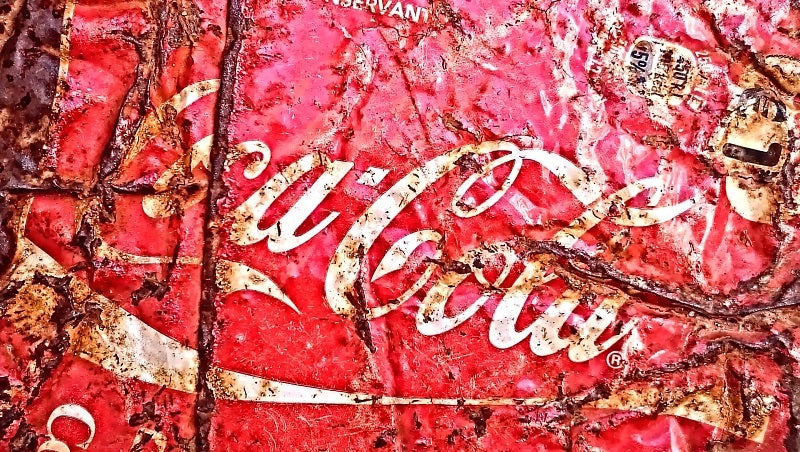Coca-Cola Philippines Policy on Plastic Sachets and Straws
In late September 2021, Coca-Cola Beverages Philippines, Inc. (CCBPI)—the local bottling unit of The Coca-Cola Company (TCCC) in the Philippines—pledged to stop production of plastic sachets at its plant located in the Cavite province in the Philippines from 2022.
The beverage maker also committed to replace plastic straws with paper straws for its Nutriboost dairy line and Minute Maid juice range from 2022. These landmark moves have significant implications for the Philippines, which is battling the scourge of marine pollution.
With this decision, CCBPI will wind up its long-standing business of producing plastic sachets for products such as its powdered concentrates brand, Eight O’Clock. Company officials claimed that the bold decision to phase out non-recyclable plastic sachets and plastic straws from its product portfolio was due to the challenges in recovering such disposed plastic waste.
CCBPI’s decision to ban plastic straws is indeed timely, given a mandate in 2021 by the Philippines Department of Environment and Natural Resources to include plastic straws and coffee stirrers in its list of Non-Environmentally Acceptable Products and Packaging (NEAP). However, from an environmental point of view, the move to stop production of sachets is more significant given that sachets are at the heart of the plastic waste problem in the Philippines.
The so-called ‘Sachet Economy’ of the 1990s led to the proliferation of single-serve sachets of consumer packaged goods (CPG) at pocket-friendly prices targeting low-income consumers. However, the majority of post-consumer-use sachets end up polluting the land and ocean. In its ‘Philippine Brand Audit Results 2020’ report, the global environmental coalition, ‘Break Free From Plastic’, outlined that 98% of total collected plastic waste in the Philippines was made up of non-recyclable single-use plastics, with sachets accounting for the biggest chunk. Unsurprisingly, 40 civil-society groups, including Youth Advocates for Climate Action Philippines, Oceana Philippines, and Ecowaste Coalition, are lobbying the government to include more single-use plastic items including bags, cutlery, bottles, cups, and sachets in the NEAP list.
CCBPI’s actions can inspire other CPG companies to take responsibility for their waste generation. Tangible steps from corporates to safeguard the environment can garner strong goodwill in the Philippines, given that 38% of Filipinos affirmed their complete loyalty to brands that support “green” or environmental matters in GlobalData’s Q3 2021 consumer survey. However, companies need to be careful not to engage in ‘greenwashing’ by misleading the public with false or confusing eco-friendly claims, particularly in the online era where news spreads fast across the world over social media and other digital media.

US Tariffs are shifting - will you react or anticipate?
Don’t let policy changes catch you off guard. Stay proactive with real-time data and expert analysis.
By GlobalData




